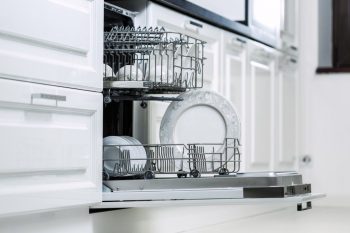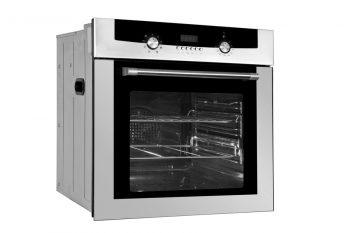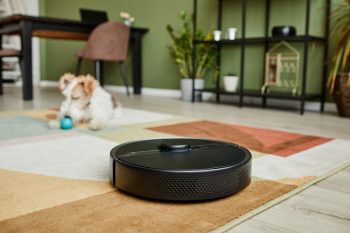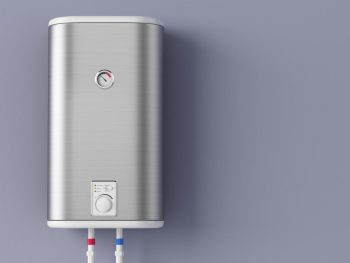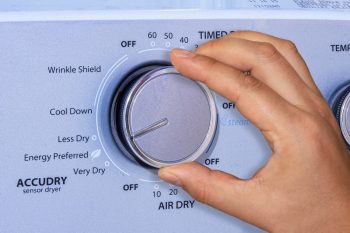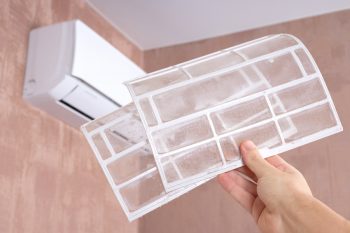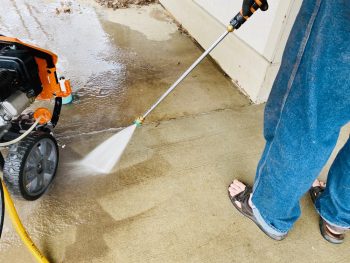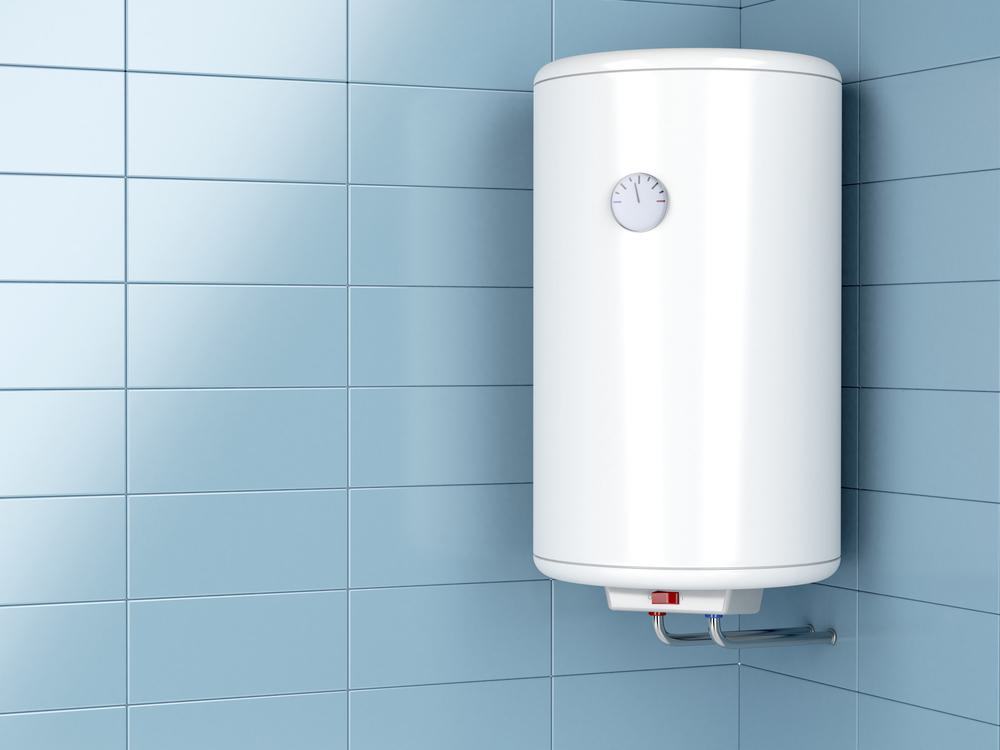
Choosing the best water heater for your home is not a decision to be taken lightly. With various types, sizes, and brands available in the market, the choice can be overwhelming. However, by understanding your household’s hot water needs, available space, energy efficiency preferences, and fuel type, you can make an informed decision. This comprehensive guide will help you navigate through these considerations and select the best water heater for your home.
The best type of water heater depends on various factors such as your household’s hot water needs, available space, energy efficiency preferences, and fuel type. However, in terms of energy efficiency and environmental impact, solar water heaters and heat pump water heaters are often considered the best. Tankless water heaters are also a good choice for homes with limited space. Always consider the brand, warranty, and maintenance costs when choosing a water heater for your home.
Types of Water Heaters
There are several types of water heaters available, each having its own advantages and disadvantages.
1. Conventional Storage Water Heaters: Storage water heaters are the most common type of water heater. They have an insulated tank where water is heated and stored until needed. They are ideal for everyday use and are also one of the most affordable options.
2. Tankless or Demand-Type Water Heaters: These heaters heat water directly without the use of a storage tank, providing an endless supply of hot water. They are more energy-efficient than storage water heaters and are perfect for homes with limited space.
3. Heat Pump Water Heaters: Heat pump water heaters move heat from one place to another instead of generating heat directly. These heaters are highly efficient and can lead to significant cost savings.
4. Solar Water Heaters: Solar water heaters use the sun’s heat to provide hot water. They are the most eco-friendly option and can help you save money on energy bills.
5. Tankless Coil and Indirect Water Heaters: These heaters use a home’s space heating system to heat water.
6. Condensing Water Heaters: Condensing water heaters are highly efficient and have low operating costs. They are best suited for homes that use natural gas as a primary source for year-round heating and cooking.
Key Features to Consider
When choosing a water heater, consider the following factors:
1. Fuel type and availability: Water heaters can be powered by electricity, natural gas, propane, or other fuel sources.
2. Size and capacity: Choose a water heater with the right capacity to meet your household’s hot water needs.
3. Energy efficiency: Look for water heaters with high energy efficiency ratings, such as those with the ENERGY STAR certification.
4. Warranty: Longer warranties typically indicate better quality and durability.
5. Installation area: Ensure that there is enough space for the water heater in your home.
6. Type of water heater: Each type of water heater has its own advantages and disadvantages.
7. Cost: Compare the purchase price, installation costs, and annual operating costs of different water heater models.
Leading Brands in the Water Heater Industry
When choosing a water heater, it is also important to consider the brand. Some of the leading brands in the water heater industry include Rheem, A.O. Smith, Rinnai, Bradford White, and Stiebel Eltron. These brands are known for their high-quality products and excellent customer service.
Environmental Impact
The environmental impact of water heaters varies depending on the type of heater. Solar-powered water heaters are the most eco-friendly option, followed by electric tankless water heaters and heat pump water heaters. Conventional electric and gas-powered water heaters have a more significant environmental impact due to their higher energy consumption and carbon emissions.
Maintenance Costs
The maintenance costs for different types of water heaters vary. On average, maintenance for a tankless water heater costs about $600. For a standard tank water heater, repair costs typically range from $150 to $700. Regular maintenance can help extend the life of your water heater and keep it running efficiently.
In conclusion, the best water heater for your home depends on various factors such as your hot water usage, available space, and energy efficiency preferences. By considering these factors, you can select a water heater that meets your needs and maximizes efficiency.
Frequently Asked Questions
How do I determine the right size for a water heater?
The right size of a water heater depends on your household’s hot water usage. A simple way to calculate this is to figure out your highest usage hour during the day and ensure your heater can meet that demand. You can consult a professional for an accurate assessment.
How often should I maintain my water heater?
It’s generally recommended to have your water heater inspected by a professional once a year. Regular maintenance can help detect potential problems early and extend the life of your water heater.
Is it cheaper to leave the water heater on all the time or turn it off?
It’s more cost-effective to turn off your water heater when it’s not in use, particularly for conventional storage water heaters. Tankless water heaters only heat water on demand, so they don’t consume energy when not in use.
How long does a water heater typically last?
On average, a conventional storage water heater will last about 10-15 years, while a tankless water heater can last up to 20 years or more with proper maintenance.
What are the signs that a water heater needs to be replaced?
Some common signs that a water heater needs to be replaced include: inconsistent hot water, rust-colored water, a noisy tank, leaks around the water heater, and if it’s over the average lifespan of the type of heater.
What is the most energy-efficient type of water heater?
Heat pump water heaters, solar water heaters, and tankless water heaters are typically more energy-efficient than conventional storage water heaters. They use less energy to heat water, which can save you money on energy bills.



